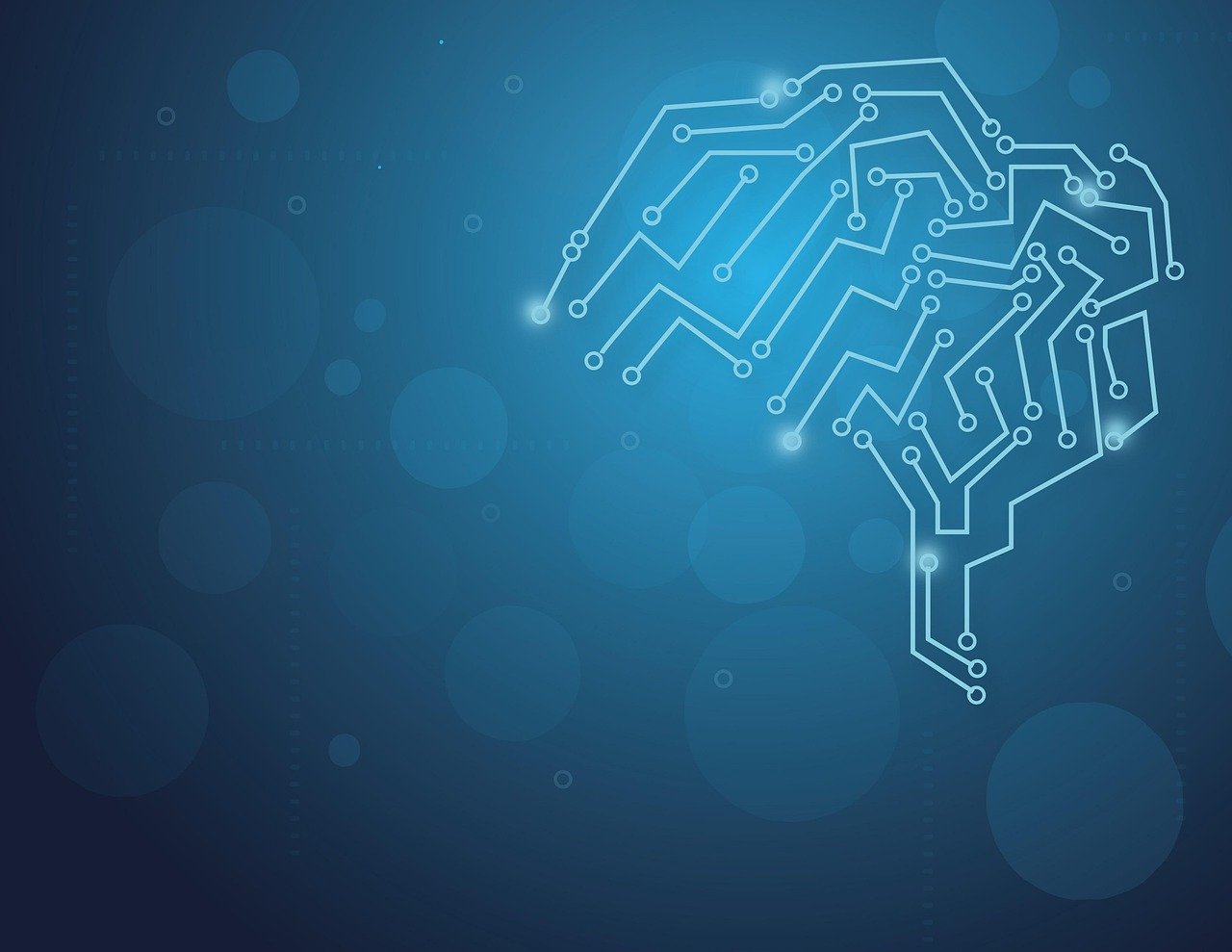“`html
The advancements in artificial intelligence (AI) are revolutionizing industries across the globe. From automating mundane tasks to facilitating complex decision-making processes, AI applications are becoming increasingly pivotal in both business and everyday life. This blog post delves into the diverse applications of AI, how they are transforming sectors, and the future potential they hold.
1. AI in Healthcare
Health technology is one of the most promising fields where AI is making significant strides. By harnessing the power of data, AI is improving patient care, diagnosis accuracy, and operational efficiency.
1.1 Enhancing Diagnosis and Treatment
- Predictive Analytics: AI algorithms analyze historical data to predict patient outcomes and identify potential health risks.
- Image Recognition: Tools such as Google’s DeepMind have demonstrated how AI can outperform human radiologists in identifying certain diseases through imaging.
For example, Cancer detection systems leverage AI to analyze medical images and provide assistance to doctors in diagnosing tumors with a higher precision rate.
1.2 Personalized Medicine
AI helps in tailoring treatments based on individual patient profiles. With genomic data analysis, AI can identify suitable medications and dosages leading to better patient outcomes.
2. AI in Finance
The financial sector has embraced AI technology to enhance customer service, risk management, and fraud detection. These applications are streamlining operations and increasing overall efficiency.
2.1 Automated Customer Service
- Chatbots: Many banks and financial institutions are utilizing AI-driven chatbots for handling customer inquiries, leading to 24/7 availability and quicker response times.
- Personal Financial Aids: AI applications analyze spending habits and provide tailored financial advice to users.
2.2 Fraud Detection
AI systems monitor transactions in real-time to identify fraudulent activities by recognizing patterns and anomalies. According to a report by McKinsey, AI can reduce fraud loss rates by up to 50% in the financial sector.
3. AI in Retail
Retailers are increasingly implementing AI technologies to enhance customer experiences, optimize inventory management, and drive sales.
3.1 Personalized Shopping Experiences
- Recommendation Engines: AI systems like those used by Netflix and Amazon analyze user behavior to suggest products or services, increasing sales opportunities.
- Visual Search: Consumers can upload images of products they want, and AI finds similar items in the retailer’s inventory.
3.2 Inventory and Supply Chain Management
AI applications assist in forecasting demand, managing inventory, and enhancing supply chain coordination. These systems minimize stockouts and overstock situations, thereby optimizing operational costs.
4. AI in Transportation
The transportation sector is making great strides with AI technologies that enhance safety, efficiency, and traffic management.
4.1 Autonomous Vehicles
Self-driving cars utilize AI to navigate safely by processing real-time data from their surroundings. Major companies like Tesla and Waymo are investing heavily in this space.
4.2 Traffic Management Systems
- Smart Traffic Lights: AI can adjust traffic signals based on real-time data, improving traffic flow and reducing congestion.
- Predictive Maintenance: AI-driven analytics forecast maintenance needs, potentially preventing accidents caused by vehicle failure.
5. AI in Education
Education is another area where AI shows substantial promise, offering innovative ways to enhance learning experiences and administrative efficiencies.
5.1 Adaptive Learning Technologies
AI can tailor educational content to fit individual student needs, helping to identify gaps in knowledge and offering personalized resources.
5.2 Administrative Efficiency
- Enrollment Management: AI systems streamline the enrollment process by analyzing data and predicting student success rates.
- Automated Grading: AI can assist in grading assignments, freeing up educators to focus more on teaching rather than administrative tasks.
Conclusion
The applications of AI extend far beyond mere automation; they provide sophisticated solutions tailored to unique industry challenges. As technology continues to evolve, embracing AI becomes not just beneficial but essential for businesses aiming to stay competitive in an increasingly digital world. Harnessing these AI applications can lead to improved efficiency, personalization, and innovation across various sectors.
“`
This structure and content aim to provide readers with a comprehensive understanding of AI applications while optimizing for SEO through natural keyword integration and engaging formatting.




